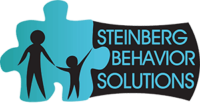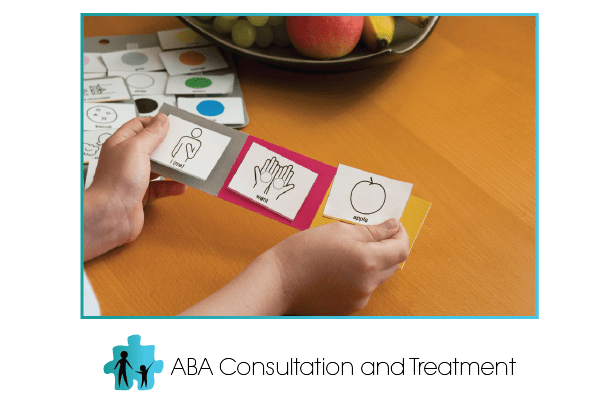As a parent, if you’ve ever questioned the effectiveness of ABA therapy, let the evidence speak for itself. In 1987, the grandfather of Assisted Behavior Analysis (ABA) therapy Dr. Ivar Lovaas proved that early intervention and intensive behavioral therapy, enabled children with Autism to achieve success. He concluded that 90% of children make substantial gains through ABA therapy (Lovaas, O. I. 55: 3-9). Lovaas added that 47% of the children studied during his research were “indistinguishable from their peers” after receiving intensive ABA therapy (Lovaas, O. I. 1987).
Since then, parents and therapists alike have seen first-hand how ABA is effective at reducing disruptive behaviors including tantrums, aggression, inappropriate self-stimulatory behavior, and self-injury. Additionally, ABA is effective at increasing the social skills that many children with Autism find challenging such as social engagement, communication, play and self-help skills. The power of ABA is in its evidence-based results. However, despite all the data and testimony regarding its effectiveness there are still skeptics who remain unconvinced.
Why is ABA an Effective Treatment for Autism?
The tenets of ABA therapy state that a clinician must create an individualized program designed specifically for each of their clients using a variety of behavioral strategies. Together the clinician and the parent outline areas of importance and then focus on improving those skills within the child.
The benefit of the ABA approach is that it breaks down larger skills into small manageable steps. Then, by using the power of reinforcement, the child masters each of those steps. While the ABA therapist works with your child data is collected throughout each session. This continuous monitoring of their progress allows the therapy team to see what approaches are succeeding with your child and what others aren’t thereby prompting them to make changes to ensure continued success.
How Much ABA Therapy is Needed?
The success of ABA therapy relies on repetition in order for a child with Autism to learn and demonstrate new skills. Research has shown that 40 hours of therapy for a child is the crucial number in order to see significant improvement. That being said, studies have shown that 20-40 hours of therapy can be optimal for a child needing comprehensive intervention. If there are only a few specific skills or deficits that need to be worked on 10-20 hours may be effective.
Often young children will start with a full-time comprehensive therapy program and as they make progress the hours will be reduced. After a full evaluation with your child’s therapy team, suggestions will be made on what intensity of ABA therapy is best suited to them.
Comparing ABA to other Interventions
Today, there are as many choices in therapy as there are degrees of Autism. For parents, sometimes these options can be overwhelming. Despite the variety, when parents compare different therapies, the overwhelming evidence is almost always in favor of ABA.
For example, the Association for Science in Autism (ASAT), states:
Because ABA currently has substantially more scientific support than any other behavioral or educational intervention for children with ASD, ASAT recommends that families and professionals strongly consider implementing ABA and be cautious about other approaches. ASAT further recommends that professionals describe other behavioral and educational interventions as untested and encourage families who are considering these interventions to evaluate them carefully.
Further to that, the United States Surgeon General, states:
Thirty years of research demonstrated the efficacy of applied behavioral methods (ABA) in reducing inappropriate behavior and in increasing communication, learning and appropriate social behavior.
Efficacy
What was said 30 years ago by the grandfather of ABA therapy Dr. Ivar Lovaas remains true today. Early intervention coupled with intensive therapy enable children with Autism to achieve success. Despite Dr. Lovaas’s scientific proof some parents with a newly diagnosed child with Autism may not be convinced of ABA’s effectiveness. If that is the case then the following quote from Dr. Mary Beth Walsh whose son is a child with Autism will undoubtedly silence those doubters:
Every child deserves this chance to show others all that he or she is capable of; every child deserves to learn all he can learn; every child with autism deserves effective, behavioral intervention, and it is up to us parents to make sure our children with autism get what they deserve (72-79).
References:
- Association for Science in Autism Treatment
- Lovaas O. I. Behavioral treatment and normal educational and intellectual functioning in young autistic children. Journal of Consulting and Clinical Psychology. Section 55: 3–9, Washington D.C., 1987.
- Mental Health, A Report of the Surgeon General
- Walsh, Mary Beth. “The Top 10 Reasons Why Children with Autism Deserve ABA.” The Behavioral Analysis in Practice Journal, Volume 4, Summer 2011, pp.72–79.



